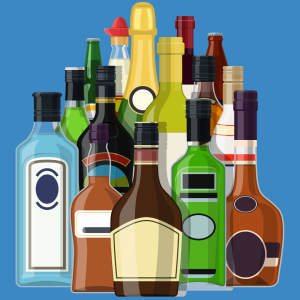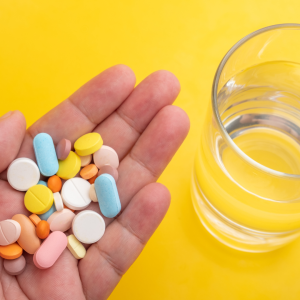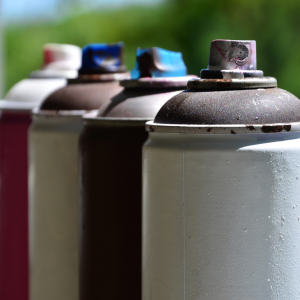How to Protect Your Liver
Each year, about 42,000 people in the United States are diagnosed with liver and intrahepatic bile duct cancer (American Cancer Society, 2025).
Located in the upper right part of the abdomen, the liver is one of the body’s largest internal organs. It processes nutrients from food, stores fuel, detoxifies blood from the digestive tract, and produces bile to help break down fats.
Here are 5 ways you can protect your liver:
Healthy diet
A balanced, fiber-rich diet supports liver health. Eat a variety of foods from all food groups, especially fresh fruits, vegetables, rice, and whole-grain bread. Reduce fatty and processed foods to lower the risk of fatty liver disease. For more ideas, see our article “Foods to Nourish Your Liver.”
Alcohol consumption
Drinking heavily over time can lead to alcoholic liver cirrhosis, where healthy tissue is replaced with scar tissue. As cirrhosis progresses, the liver loses its ability to filter toxins from the blood. The American Liver Foundation notes that between 10–20% of heavy drinkers may develop cirrhosis.
Healthy lifestyle
Regular exercise helps maintain a healthy weight, lowering the risk of fatty liver disease and related conditions. Obesity is a key contributor to fat build-up in liver cells and increases the risk of cardiovascular disease. Staying active protects both your liver and your overall health.
Manage your medications
Some medications can be harsh on the liver, especially when taken incorrectly or combined with other drugs. Always read labels carefully and check with a doctor or pharmacist before using prescription or over-the-counter medicines. Safe use of medications helps reduce unnecessary liver strain.
Avoid toxins
Limit direct exposure to household chemicals, aerosol sprays, and insecticides, as inhaling or absorbing these toxins can injure liver cells. The liver processes chemicals that enter the bloodstream, and regular exposure may lead to chronic liver disease or cirrhosis. Smoking also harms the liver and raises the risk of liver cancer.
Conclusion
The liver is central to your body’s ability to process nutrients, remove toxins, and maintain balance. By making mindful choices — from eating well and exercising regularly to limiting alcohol, using medicines wisely, and avoiding toxins — you reduce your risk of liver disease and support long-term health. Small, consistent changes today can go a long way in keeping your liver strong tomorrow. PRIME
















